This collection of Osho’s talks are commentaries of the Yoga Sutras of Patanjali. He says that mind can not enter on the path of Yoga because Yoga means a methodology to reveal the truth. Yoga means to encounter the reality as it is.Patanjali is scientific. If you want to change the body posture, Patanjali will say change your food habits, because every food habit creates subtle body postures. If you are meat eater you cannot sit Buddha-like. If you are non-vegetarian, your posture will be different, if you are vegetarian your posture will be different – because the body is built by your food. It is not an accident. Whatsoever you are putting in the body, the body will reflect it.Patanjali is scientific because he takes note of everything – the food, the posture, the way you sleep, the way you get up in the morning, when you get up in the morning, when you go to sleep. He takes note of everything so that your body becomes a situation for something higher. Then he takes note of your breathing. If you are sad you have a different rhythm of the breathing. Just note it down. You try, you can have a very beautiful experiment. That’s what I mean when I say Patanjali is scientific. He is not a poet. If says, "Don’t eat meat,", he is not saying it because eating meat is violence, no. He is saying it because eating meat is self-destructive. There are poets who say to be non-violent is beautiful; Patanjali says to be non-violent is to be healthy, to be non-violent is to be selfish. You are not having compassion on somebody else, you are having compassion on yourself.
Yoga: The Birth of Being
by Osho .
$18.90
$21.00
In stock
Free & Quick Delivery Worldwide
All orders amounting to US$ 50 or more qualify for Free Delivery Worldwide. For orders less than US$ 50, we offer Standard Delivery at $14 per book.
ABOUT THE AUTHOR Osho .
Osho was born in Kuchwada, Madhya Pradesh, on 11 December 1931. Rebellious and independent from childhood, he insisted on experiencing the truth for himself rather than acquiring knowledge and beliefs given by others. He attained 'enlightenment' at 21 and went on to complete his academic studies. He spent several years teaching philosophy at the University of Jabalpur. Meanwhile, he travelled throughout India delivering talks and meeting people from all walks of life. By the 1960s, Osho had begun to develop his unique dynamic meditation techniques. He felt that modern man is so burdened with the archaic traditions of the past as well as the anxieties of modern-day living that he must go through a deep cleansing process before he can hope to discover the thought-less, relaxed state of meditation. In the early 1970s, the West first began to hear of Osho. By 1974, a commune had been established around him in Pune, and the trickle of visitors from the West soon became a flood. Osho spoke of every aspect of life and on the development of human consciousness. Based on his own existential experience rather than on intellectual understanding, he distilled the essence of what is significant to the spiritual quest of contemporary man. Osho left his body on 19 January 1990. His commune in India continues to attract thousands of international visitors who come to participate in its meditation, therapy and creative programmes or to simply experience being in a 'Buddhafield'. Osho's talks have been published in more than 600 volumes and translated into over thirty languages.
reviews
0 in total
Review by Anonymous
Be the first to review “Yoga: The Birth of Being” Cancel reply
You must be logged in to post a review.
Bibliographic information
Title
Yoga: The Birth of Being
Author
Edition
1st ed.
Publisher
Fusion Books, 2002
ISBN
8128400924
Length
330p.
Subjects
more by Osho . see more
similar bookssee more
Palmistry For All
$8.10
$9.00
Hand Book on Herbal Medicines
$37.80
$42.00
The Radiant Sameness: Satpurusa Maharajsri Mangatramji’s Samatavilasa
Samatavilasa, The Radiant ...
$45.00
$50.00

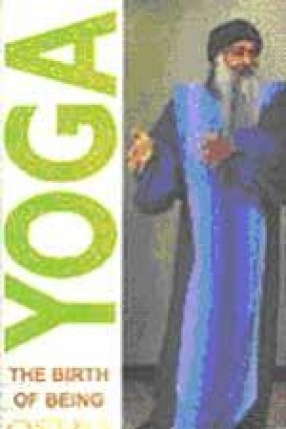
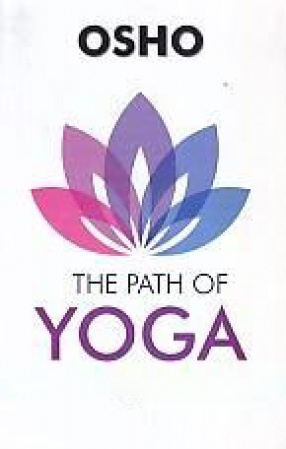
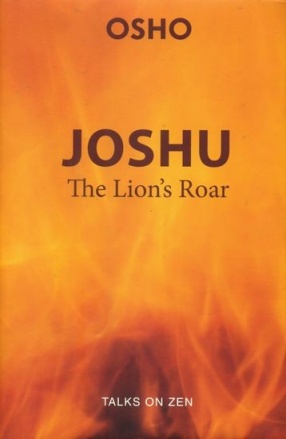
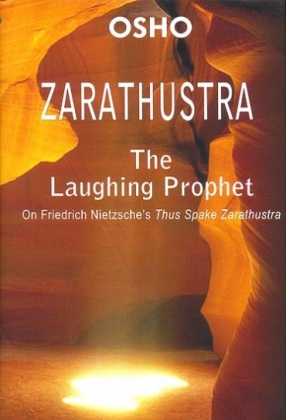


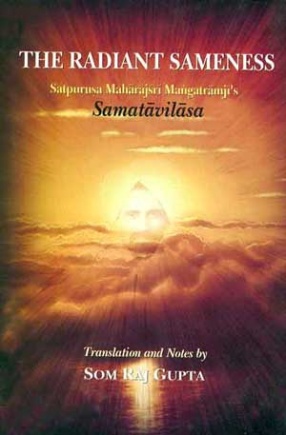
There are no reviews yet.